LEIPZIG, Germany: Researchers and health bodies around the world are advising health practitioners in the northern hemisphere to actively prepare for an expected second wave of SARS-CoV-2 infections. According to the UK’s Academy of Medical Sciences (AMS), the summer months must be a period of intense preparation for a worst-case public health scenario this winter. So what can dental practices do?
The AMS’s report, Preparing for a Challenging Winter 2020/21, reminds health and social care practitioners that the need for healthcare undergoes seasonal fluctuations, peaking in winter. It states that four additional challenges may make winter even tougher this year for the healthcare sector: a large resurgence of SARS-CoV-2 infections, disruptions to healthcare systems caused by efforts to reduce the transmission of the virus, a backlog of non-SARS-CoV-2-related healthcare issues resulting from reduced healthcare capacities, and a possible influenza epidemic.
“To reduce your risk of running out of necessary supplies, we recommend keeping a month’s worth of inventory on hand” – IndepenDENT Dental Solutions
So how can dental clinics prepare? In the US, where infection rates are surging, IndepenDENT Dental Solutions has urged dentists to create a contingency plan for personal protective equipment (PPE), to devise a plan for communicating with patients and to provide additional training to staff. In an online bulletin, the organisation advised practices that identifying multiple reliable sources for obtaining high-quality PPE would reduce their risk of running low on the essential items. “To reduce your risk of running out of necessary supplies, we recommend keeping a month’s worth of inventory on hand and allowing up to two weeks to receive your orders,” the organisation suggested.
It said that staff training will help to ensure that common and working areas in dental clinics are properly disinfected and that minimising the risk of transmission in clinics will require staff to be trained on how to prepare for potential situations of exposure to SARS-CoV-2 and on how to respond in these situations.
IndepenDENT said that communicating effectively with patients will also be crucial during a second wave of the virus. “This should include any changes to office protocols, PPE that will be worn during their visit, what to do in the event they develop COVID-19 symptoms prior to their appointment and how postponed or cancelled appointments will be handled due to a secondary outbreak.” Verbal interactions with patients and communications provided through signage, websites and other digital means will help to ensure and enhance safety protocols, IndepenDENT said.
According to a study published in Nature in June, lockdown measures adopted by 11 European countries to combat the spread of SARS-CoV-2 averted more than three million COVID-19 deaths. The researchers, from the Imperial College COVID-19 Response Team, warned, however, that less than 4% of the combined populations of Austria, Belgium, Denmark, France, Germany, Italy, Norway, Spain, Sweden, Switzerland and the UK had been infected with the virus by the beginning of May. “We are very far from herd immunity […] We are only at the beginning of this epidemic, and claims that it’s all over can be firmly rejected,” said Dr Seth Flaxman, one of the authors of the study.
Warning against complacency during the summer months in Europe, the World Health Organization has urged people to stop thinking about the virus in terms of seasons and waves. “It’s going to be one big wave,” a spokesperson said. “It’s going to go up and down a bit. The best thing is to flatten it and turn it into just something lapping at your feet,” she added.
Tags:
LONDON, UK: Practices in the UK remain open during the current lockdown, but dentists in the country have reported increased concerns related to other ...
LONDON, UK: Social distancing and isolation measures introduced in countless countries during the ongoing SARS-CoV-2 pandemic have undeniably helped to curb...
As people worldwide are living longer, the proportion of elderly people is increasing. In 2015, 900 million people were 60 years or older. This number is ...
LONDON – Global manufacturer of material systems for dental applications Ivoclar Vivadent has announced that it will be hosting its second ...
BIRMINGHAM, UK: Across the UK, local lockdowns are proliferating as SARS-CoV-2 case numbers continue to increase. Though the initial nationwide lockdown ...
GERRARDS CROSS, UK: The British Endodontic Society (BES) intends to fund new research in response to the current SARS-CoV-2 pandemic. Proposals are invited ...
The evolving socio-demographics of patients means dentists must be better equipped to identify oral signs of systemic diseases and treat elderly patients ...
LONDON, UK: Last week, UK Secretary of State for Health and Social Care Sajid Javid announced that frontline healthcare workers in England—including ...
LONDON, UK: The dental industry has gone through many sudden and extreme changes since the start of the pandemic, and it is now evident that access to oral ...
LONDON, UK: A team of researchers has developed a list of 15 so-called never events for dentistry. These are serious patient safety incidents that should be...
Live webinar
Tue. 24 February 2026
6:00 pm UTC (London)
Prof. Dr. Markus B. Hürzeler
Live webinar
Tue. 24 February 2026
8:00 pm UTC (London)
Prof. Dr. Marcel A. Wainwright DDS, PhD
Live webinar
Wed. 25 February 2026
4:00 pm UTC (London)
Prof. Dr. Daniel Edelhoff
Live webinar
Wed. 25 February 2026
6:00 pm UTC (London)
Live webinar
Thu. 26 February 2026
1:00 am UTC (London)
Live webinar
Tue. 3 March 2026
4:00 pm UTC (London)
Dr. Omar Lugo Cirujano Maxilofacial
Live webinar
Wed. 4 March 2026
1:00 am UTC (London)
Dr. Vasiliki Maseli DDS, MS, EdM



 Austria / Österreich
Austria / Österreich
 Bosnia and Herzegovina / Босна и Херцеговина
Bosnia and Herzegovina / Босна и Херцеговина
 Bulgaria / България
Bulgaria / България
 Croatia / Hrvatska
Croatia / Hrvatska
 Czech Republic & Slovakia / Česká republika & Slovensko
Czech Republic & Slovakia / Česká republika & Slovensko
 France / France
France / France
 Germany / Deutschland
Germany / Deutschland
 Greece / ΕΛΛΑΔΑ
Greece / ΕΛΛΑΔΑ
 Hungary / Hungary
Hungary / Hungary
 Italy / Italia
Italy / Italia
 Netherlands / Nederland
Netherlands / Nederland
 Nordic / Nordic
Nordic / Nordic
 Poland / Polska
Poland / Polska
 Portugal / Portugal
Portugal / Portugal
 Romania & Moldova / România & Moldova
Romania & Moldova / România & Moldova
 Slovenia / Slovenija
Slovenia / Slovenija
 Serbia & Montenegro / Србија и Црна Гора
Serbia & Montenegro / Србија и Црна Гора
 Spain / España
Spain / España
 Switzerland / Schweiz
Switzerland / Schweiz
 Turkey / Türkiye
Turkey / Türkiye
 UK & Ireland / UK & Ireland
UK & Ireland / UK & Ireland
 International / International
International / International
 Brazil / Brasil
Brazil / Brasil
 Canada / Canada
Canada / Canada
 Latin America / Latinoamérica
Latin America / Latinoamérica
 USA / USA
USA / USA
 China / 中国
China / 中国
 India / भारत गणराज्य
India / भारत गणराज्य
 Pakistan / Pākistān
Pakistan / Pākistān
 Vietnam / Việt Nam
Vietnam / Việt Nam
 ASEAN / ASEAN
ASEAN / ASEAN
 Israel / מְדִינַת יִשְׂרָאֵל
Israel / מְדִינַת יִשְׂרָאֵל
 Algeria, Morocco & Tunisia / الجزائر والمغرب وتونس
Algeria, Morocco & Tunisia / الجزائر والمغرب وتونس
 Middle East / Middle East
Middle East / Middle East




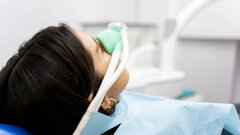


























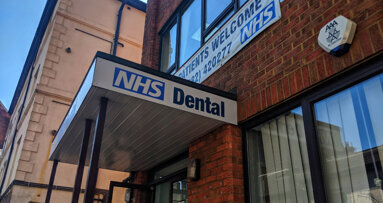

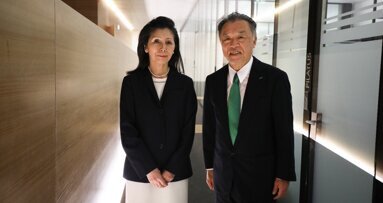

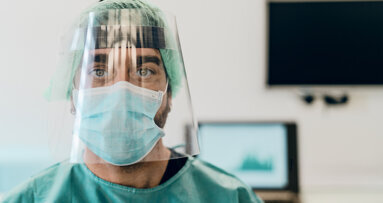

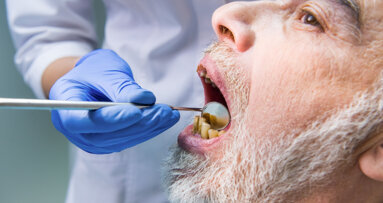
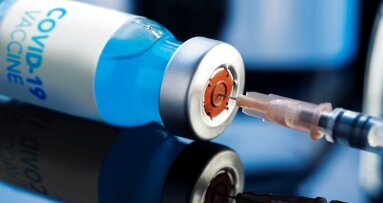

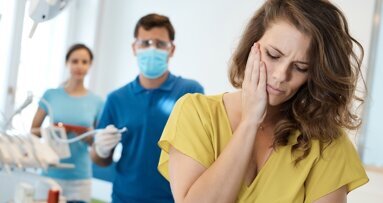









To post a reply please login or register